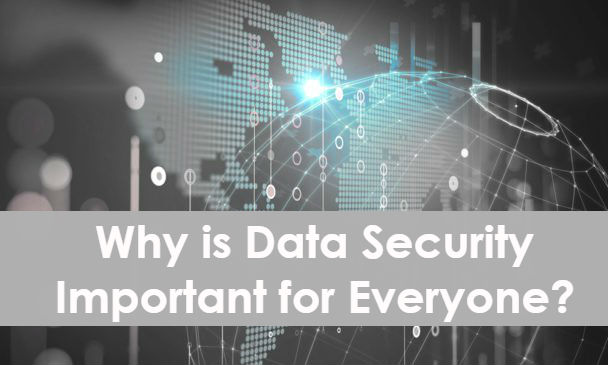Why Is Data Security Important for Everyone?
Why is data security to important? And, how does it relate to me? Check out this post to learn more about why data security is important for everyone.
Join the DZone community and get the full member experience.
Join For FreeDigital technology is now just a part of life. From online shopping to net banking and business to government infrastructure, digital technology plays a crucial role. Apart from the multiple advantages of digitization, cyber attacks are a black dot. In recent years, we’ve witnessed many high-profile cyber-attacks. In fact, we can say that the number of cyber attacks has grown rapidly in past few years.
What Is Data Security?
Simply put, data security is the practice of securing your data. It’s also known as information security, IT Security, or electronic information security. Data can be secured using various hardware and software technologies. Some common tools are antivirus, encryption, firewalls, two-factor authentication, software patches, updates, etc.

Why Is Data Security Important for Me?
Many people have this common misconception that only the big organizations, governments, and businesses get targeted by cyber-perpetrators. Well, this is just not true. Data security is not just important for businesses or governments. Your computer, tablet, and mobile devices could be the next target. Usually, common users get targeted by attackers for their sensitive information, such as their credit card details, banking details, passwords, etc.
Cybersecurity should be thorough and seamless for everyone — whether you are an individual or a business. According to estimates by the Center for Strategic and International Studies, cybercrimes cost the global economy over 400 billion USD per year.
Needless to say, data breaches and cyber-attacks will increase in due time as computer networks expand — cyber-attacks are getting bigger and better every day.
But, How Can an Individual Be Affected?
We don’t want to scare you or anything, but there are numerous ways through which one can be affected. These ways include phishing attacks, malware attacks, ransomware attacks, man-in-the-middle attacks, etc.
What You Can Do
Remember, your awareness is your security. Here, I share the essential practices you need to start doing today to protect yourself from hackers:
- Never click on spam, phishing, or a suspicious email. Verify or check an email or a link carefully before opening any attachment.
- If something seems too good to be true, it probably is. Don’t fall prey to offers, such as "iPhone X at just $10" or "Congratulations! You won a car. Open attachment to claim now."
- Never download any untrusted or pirated software or application.
- Don’t download fake security software.
- Use antivirus and/or firewalls
- Don’t make any online transactions if the website is not secured. Check HTTPS or green address bar before making any payment or typing in any sensitive details
- Use two-factor authentications.
- Don’t share your personal or sensitive information to strangers.
Opinions expressed by DZone contributors are their own.

Comments